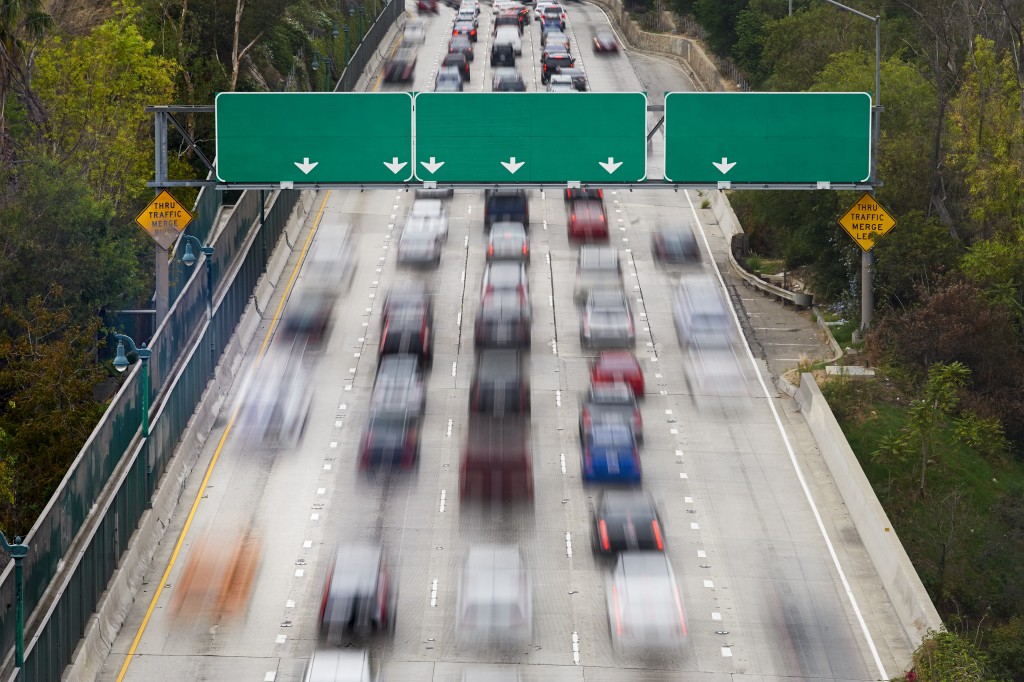In the transportation industry, two of the most vital components of any business are having a vehicle and a purpose. Whether you’re transporting dry or fresh goods, people, or raw materials, you’ll need a driver and their reliable steed. That’s where the fleet comes in, along with costs for fuel, operational expenditures, and employee wages.
Now because there isn’t much that can be done to reduce costs in the two latter aspects of running your business fleet, you focus on the first, which is fuel consumption. There are several ways to cut down on your fuel expenses, but here are five of the wisest ways to spend your money:
#1 Sizing Matters
It’s easy to spend money when you have it, but after you’ve established your business, you have to take a step back and look at the entirety. Take this situation as an example: you’ve been in the transportation business for a few years now, and you’ve never found a reason to cost-cut. You see that in your fleet, you have many trucks that don’t get used as much or vehicles that don’t accomplish their tasks.
There’s a reason why the sizing matters, especially in this case. When you have a surplus of big vehicles that no longer meet the job requirements, it’s better to downsize to ones that can do their purpose. The same goes for finding the right vehicles for certain jobs because having a mismatch can be more costly in the long run.
#2 Proper Maintenance
When the vehicles are on the road, it’s normal to forget that they need check-ups, too, especially when they show no signs of wear and tear. That’s why when trucks or cars on the verge of a breakdown, the drivers panic. But there are preventive measures that can be taken to ensure that the vehicles are in top shape at all times.
If the drivers follow a compliance report which certifies that their assigned vehicles are always clean, their tires are in great condition, their fluids are regularly changed, their wheels are properly aligned, and their systems are in check, then there’s not much you can ask for.
Knowing that the vehicles in your fleet are properly maintained and not running on dirty oil and flat tires will allow you to rest easy. Vehicles owned by responsible drivers are lighter and more aerodynamic, plus it gets better mileage, especially on long trips.
#3 Fleet Fuel Cards
Since drivers are always on the road, you can’t regularly check what they are up to. It’s not a problem as long as they do their jobs on time, but you won’t know whether they’re spending their gas allowance on vices and what not.
Your business can opt to use fleet fuel cards for your drivers to lessen operational costs and fuel consumption. By doing so, you can set limitations on how much fuel they can use and how often they fuel up and designate a local merchant where your drivers can refuel so that you can control the amount you spend on gas.
By using a fleet card that can only be spent on fuel, your drivers won’t be able to commit fraud by lying about their fuel consumption or using the allowance on other things besides fuel. This can lessen your overall costs as well as track fuel consumption with actual data.
#4 Driver Decorum
This may come as a surprise to you, but the drivers’ attitude on the road accounts for some fuel costs that you’re paying for. Drivers that are prone to speeding and aggressive driving are more likely to get caught by the law, and at the same time, cost you fuel. Excessive idling can also cost you more than what is necessary. But if you can control how your drivers act on the road, especially on behaviors that can be changed, you can save money that is otherwise wasted.
Another thing that can be controlled is routing assignments. See to it that your driver’s routes are maximized and efficient so that they aren’t wasting fuel on making trips that are a hundred miles apart. Careful planning of route assignments takes care of this problem and lessens the possibility of performing badly on the road.
#5 Systematic Management
Managing a fleet can be overwhelming, but lucky for you, there are solutions created to solve this problem. Some systems can track fuel consumption so that you don’t have to do it manually. These systems can track, store, and expedite data that can be a burden when done by hand, especially since fleets are made up of different vehicles, all with different fuels and operational costs.
The transportation industry can be hard to navigate, but once you find the right tools to maximize the resources available to you, it can deliver your business to greater heights!
